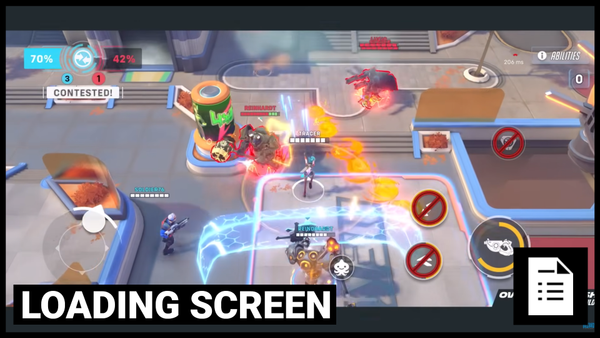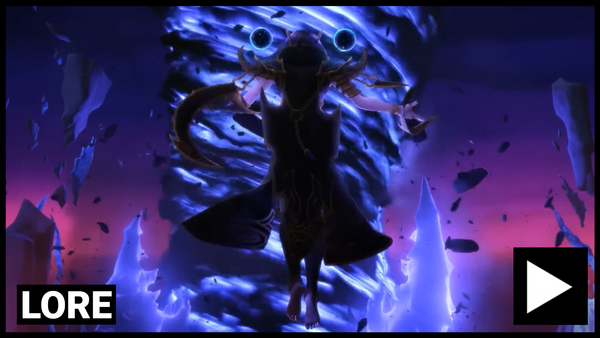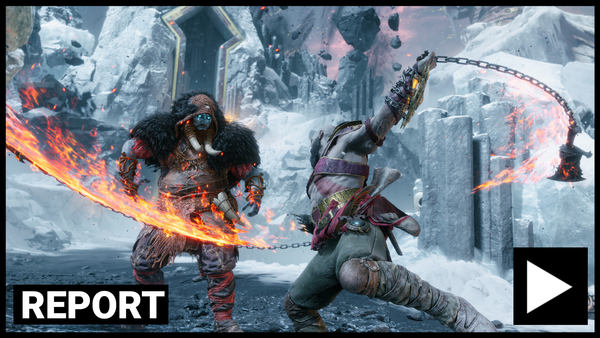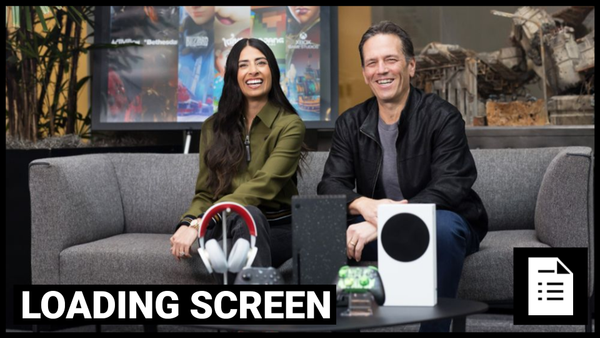Loading Screen: The UK Games Industry Takes A Battering, Embracer Explain Their Layoffs and more!
The UK Games Industry is taking a serious battering as recent releases haven't fully delivered. and a set of deep dive stories to keep you in the loop of the industry from the last week.

Today we've got the UK Games Industry taking a serious battering as recent releases haven't fully delivered and a set of deep dive stories to keep you in the loop of the industry from the last week.
UK Games Industry Continues Taking Battering
Only a month after a round of layoffs were threatened that could impact 1/3 of the company's workforce - Team17 has announced yet more bad news.
A trading statement dated 24th November has now been published confirming that the company has had to change their expectations yet again.
Revenues from releases and the back catalogue are still projected to be above market expectations for FY 23 - but:
certain titles within the Games Label are not meeting internal expectations, resulting in a less favourable mix between higher margin own-IP titles and third-party titles (with higher royalty payments) than anticipated.
Basically - they haven't seen enough of a return on their investments, as the profit margins on their developments have decreased.
As such, they're continuing their plans to implement "key cost initiatives" (layoffs and budget cuts) as well as a wider review of their existing portfolio. Games they're publishing are being considered as well as internal titles - with the aim being to "assess the revenue potential in the current market environment"
In short - Team17 may be a publisher that's put a lot of time and money into indie developers, but if the board aren't anticipating enough of a return from those upcoming releases, they might never make it out of development
The result of all this cutting is that Team17's projections are much less risky, meaning they expect a much better performance next year.
Team17 aren't the only ones trying to pivot though - as Frontier Developments continue on from their recent shuttering of their publishing label Foundry and layoffs last month and reveal they also haven't had the year they were hoping for.
This time it's being laid pretty solely at the feet of their latest release not meeting the company's expectations immediately as Warhammer Age of Sigmar: Realms of Ruin didn't set sales charts alight.
sales to date have been lower than expected. With the December trading period approaching, and Frontier continuing to evolve and support Realms of Ruin with post-release content, including PDLC ('paid-downloadable content'), we expect sales to build over time.
As a result of these sales - they're lowering their FY24 revenue to £80-95m from £108m, and beginning a reassessment of their wider aims as a company.
Because one arm is successful, and that's their management games.
They claim that Planet Coaster, Planet Zoo, and both Jurassic World Evolution games have all been profitable within a month of release, and then delivered more than 100% of their investment back within 12 months.
So it's no surprise that to try and buoy up shareholder concerns, Frontier have announced they're going to have a new management game every year for the next three, alongside ongoing support for their titles (including Realms of Ruin).
In the case of both Team17 and Frontier Developments, the market hasn't been keen to give them time to recover though, as share prices fall in response to the news:


Both parties are examples of groups that massively benefitted from the Pandemic surge in investment and sales - but then have struggled with the new expectations that followed.
All in all, just another example of Management's decisions resulting in problems for the folks on the ground, as Indie Devs ponder their funding from Team17, while Developers worry of more layoffs at Frontier.
Weekend Reading
One of the things that's unique about the MMO space (and soon the Live Service Space) is that they have a longer expected lifespan for support than most games. Which means a title like Final Fantasy XIV can be in it's 13th year of support and still be getting brand new content.
But then comes the question from fans -how do you improve on something that's been consistent since 2010? But without losing the character and charm that fans love when you overhaul and modernise something like graphics?
- It's a tough tightrope to walk, and one that Technical artist Tatsuya Okahisa and producer/director Naoki Yoshida spoke about at a FanfestPanel that Game Developer covered:
A very important point that we keep in mind is that we don't want to destroy any sort of image that the players have built of Final Fantasy XIV in their minds,” lead technical artist Tatsuya Okahisa said at a development panel that took a deep dive into the graphical update. “That said, this image is very subjective, so it is quite a challenge for us to make sure that these are being maintained and also being updated as well.”
Embracer Group's 2023 has been a solid contender for the story of the year - in terms of the scale and scope of all the folks affected - and how many studios and games are being lost because of corporate hubris.
- As such, there is value in hearing from those executives as they explain to Gamesindustry.biz how badly things have gone - and how badly they will likely continue to be:
We have announced that we expect more restructuring and some more cancellations, potentially some more closures or management buyouts. That's the balance we've got to take internally… Because, as we say, the people cost is significant, and it's significant to us and we have to handle that always with that respect and integrity."
Then lets end on one from Wired that's about the broader Internet experience in 2023, but that's also heavily important for game audiences to think about. Sometimes you just need to look at how you're engaging with social media or a game, consider what you're getting out of it - and how you actually feel about it.
- There's value in not burning yourself out on a thing you care about.
“It’s not about ‘this is a bad thing and this is a good thing.’ It’s about how you engage with it and how it fits in with the rest of what’s going on in your life,” Teachman says. “How are you living the rest of your life, and what are the impacts on that?”





